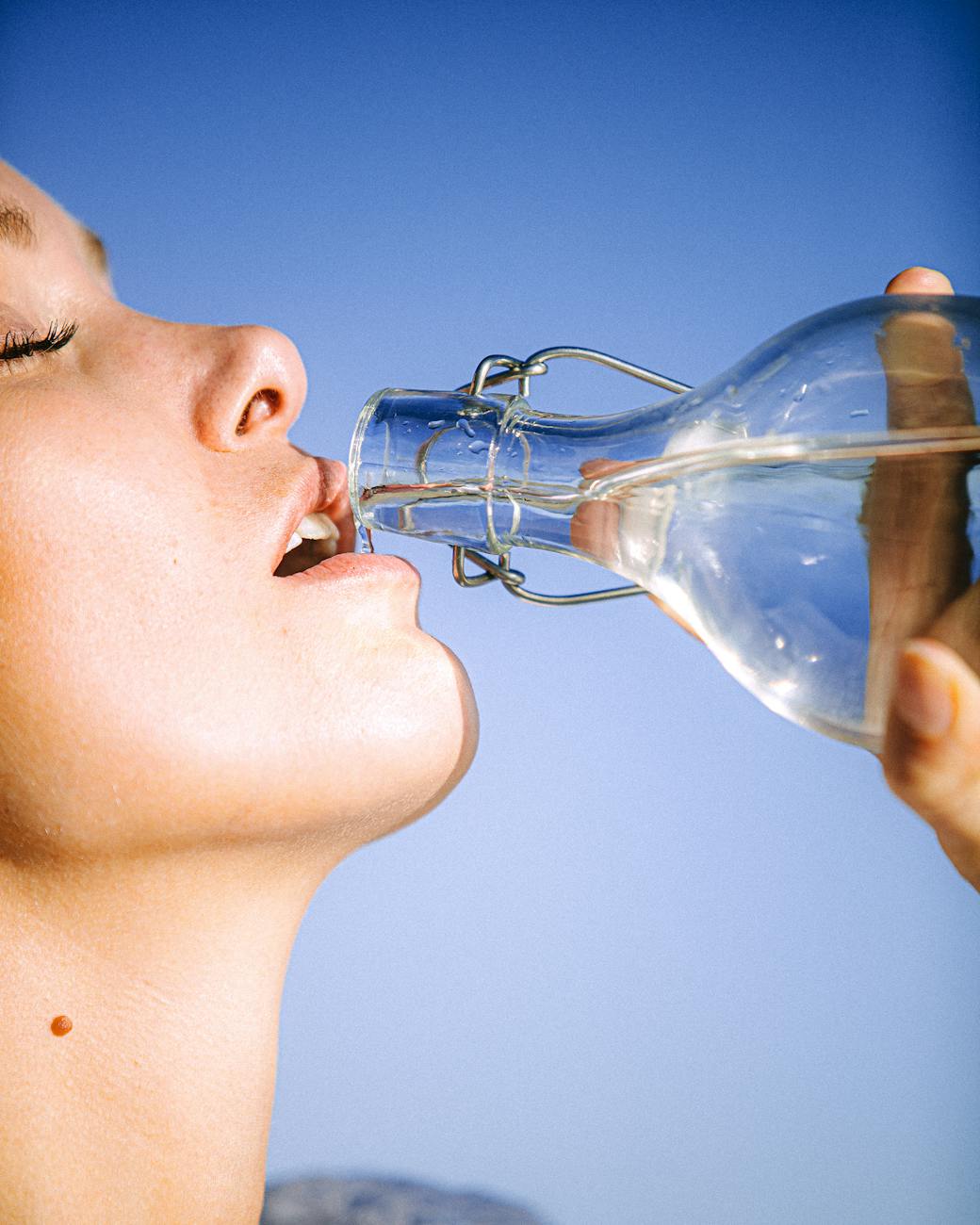
The Role of Hydration in Weight Loss and Overall Health
Staying hydrated is often overlooked in the pursuit of weight loss and maintaining overall health, yet it plays a crucial role in both. Water not only helps in shedding pounds but also supports vital bodily functions, making it an essential component of a healthy lifestyle.
The Importance of Hydration
Water makes up a significant portion of our body, and its role is fundamental to our health. It aids in digestion, circulation, temperature regulation, and nutrient absorption. A study from the Journal of Clinical Endocrinology & Metabolism found that drinking about 500 ml of water increased metabolic rate by 30% in both men and women. This boost in metabolism can be a valuable aid in weight management.
How Hydration Supports Weight Loss
Water can be a powerful ally in weight loss. It has been shown to help suppress appetite, boost metabolism, and make exercise more efficient. For instance, drinking a glass of water before meals can create a sense of fullness, leading to reduced calorie intake. Furthermore, staying hydrated helps in metabolizing stored fat and carbohydrates.
Expert Insight
“Proper hydration is key to maximizing physical performance and recovery,” explains a renowned sports nutritionist. “Without adequate hydration, your body can’t perform at its peak, which can hinder weight loss efforts.”
Personal Experience
Consider the story of Fynn, who managed to lose 20 pounds over six months by simply increasing his water intake. By replacing sugary drinks with water and staying hydrated, Fynn noticed a significant improvement in his energy levels and overall health.
Actionable Tips for Staying Hydrated
- Start your day with a glass of water to kickstart your metabolism.
- Carry a reusable water bottle to remind yourself to drink throughout the day.
- Incorporate water-rich foods like cucumbers, watermelon, and oranges into your diet.
- Set reminders on your phone to drink water at regular intervals.
For an added boost, try infusing your water with lemon or mint for flavor, making it more appealing and refreshing.
Hydration and Exercise
When engaging in physical activity, hydration becomes even more crucial. Dehydration can lead to reduced endurance, increased fatigue, and less effective workouts. Drinking water before, during, and after exercise helps maintain performance and assists in recovery.
Table: Hydration Benefits
| Benefit | Description |
|---|---|
| Appetite Control | Reduces hunger by promoting a feeling of fullness. |
| Metabolism Boost | Increases calorie burning rate. |
| Energy Levels | Improves energy and reduces fatigue. |
| Exercise Efficiency | Enhances physical performance. |
| Detoxification | Helps flush out toxins from the body. |
| Skin Health | Promotes clearer and healthier skin. |
| Joint Lubrication | Reduces joint pain and improves mobility. |
| Temperature Regulation | Maintains body temperature during activities. |
Frequently Asked Questions
How much water should I drink daily?
The general recommendation is about 8-10 cups (2-2.5 liters) per day, but individual needs can vary based on activity level, climate, and health conditions.
Can I count other beverages towards my daily water intake?
Yes, other beverages can contribute to your hydration, but water is the most effective and calorie-free option.
What are the signs of dehydration?
Common signs include dark yellow urine, dry mouth, fatigue, and dizziness.
Conclusion
Incorporating adequate hydration into your daily routine can significantly impact weight loss and overall health. By understanding the role water plays in your body, you can harness its benefits for a healthier, more energetic lifestyle. Remember, small changes like increasing your water intake can lead to substantial improvements in your health journey.


